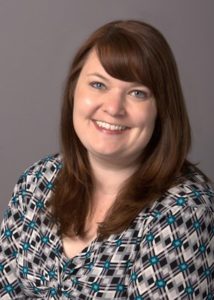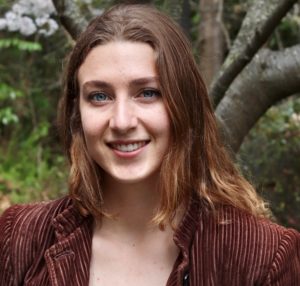It has been a rough few years for Vanderbilt basketball but it looks like Coach Jerry Stackhouse finally has things going in the right direction as the team won 19 games this year for the 1st time since 2017. 1 of the best coaches in school history was Roy Skinner, whose stats remain solid almost 50 years after he retired: a record of 278-135, 2 SEC regular season titles, and a trip to the 1965 Elite 8 before a 2-PT loss to eventual national runner-up Michigan. Roy passed away in 2010 but HoopsHD’s Jon Teitel got to chat with Kim Skinner about his father Roy’s life/legacy. Today would have been Roy’s 92nd birthday so let us reflect on the man who brought in the SEC’s 1st African-American varsity basketball player in 1966.
Your father played basketball at Presbyterian: how good a player was he back in the day, and how did he get into coaching? I do not know how good he was but he played for Coach Norm Sloan, who had a big influence on him.
After working as an assistant to Coach Bob Polk at Vanderbilt for a couple of years he took over as head coach in 1960 and only had 1 losing season during his entire career: what made him so successful for such a long stretch of time? He recruited small-town boys from the country and got a lot of Kentucky boys who the Wildcats did not want. Vanderbilt had a lot to offer in terms of both academics and good character.
In the 1965 NCAA tourney Clyde Lee had 28 PTS/20 REB in a 2-PT loss to Michigan: do you think the refs were correct when they called John Miller for traveling as he drove to the basket in the final minute? To this day it is still a controversial call at Vanderbilt. It was just 1 of those calls where he tried to drive through 2 big players from the Wolverines. Nobody knew who Vanderbilt was at the time.
In 1966 he brought in the SEC’s 1st African-American varsity basketball player (Perry Wallace): how big a deal was it at the time, and what was the reaction like? There was not much reaction around town because he was accepted by everyone. I went on a road trip once and heard a lot of derogatory/nasty comments toward Perry. He was a great leaper so when they outlawed the dunk it really took a toll on him. His entire high school team was Black and they just dominated their conference. He was an excellent student and a member of the band.
In the 1974 NCAA tourney Adrian Dantley had 29 PTS/12-16 FG/10 REB in a 30-PT win by Notre Dame: could you tell at the time that Dantley was going to become a star? Dantley already was a star by then: he was almost as dominant as Pete Maravich.
He was a 4-time SEC COY: what did it mean to him to win such outstanding honors? Not much: he just took it in stride. There was a lot of pressure on him so he just took the award and put it in the closet, so to speak. It might have meant more to him than he showed but he just had to move on.
He won more than 80% of his home games: how much of an advantage did he get from “Memorial Magic”? I think it was something that just grew and helped the whole team. The arena only started out with seating for 5,000 but ended up with more than 15,000 seats. I think it gave them a boost in the arm: kind of like a “6th Man” who lifted the team.
He retired in 1976 and started working in the insurance business: why did he get out of coaching, and how did he like the new gig? Coaching was starting to change at that time with big dollars and a lot of media coverage, which seemed to put more pressure on teams to join the rat race. I think it was just putting too much stress on him with too many demands. He never got paid the big dollars that there are today and there were too many expectations. He loved insurance and got to help the Nashville Sounds baseball team, which he enjoyed a lot.
In 2009 he was inducted into the Vanderbilt Sports Hall of Fame: where does that rank among the highlights of his career? It was 1 of the best speeches I ever heard him give. He was kind to Vanderbilt and very grateful.
He passed away in 2010: when people look back on his career, how do you think he should be remembered the most? He brought Vanderbilt basketball to the forefront and made it a household name. It was the only game in town back then and was the talk of the town. That generation is getting older so the memories might pass but he really put the program on the map.









